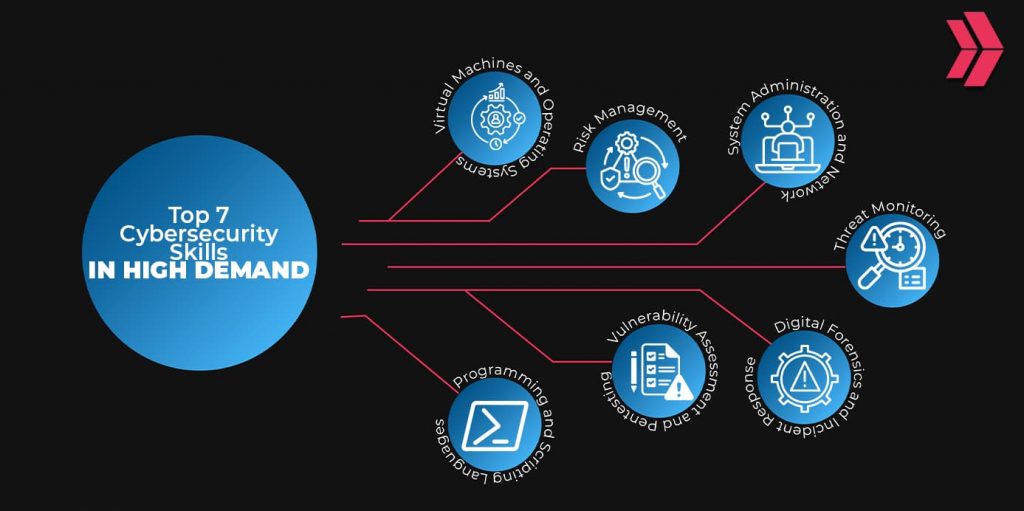
The Ever-Growing Need for Cybersecurity Professionals
The digital landscape is constantly evolving, and with it, so are the threats to our data and systems. From individual users to multinational corporations, everyone is vulnerable to cyberattacks. This escalating threat environment has created an unprecedented demand for skilled cybersecurity professionals, making it one of the fastest-growing and most crucial fields in technology today. The shortage of qualified individuals is not merely a trend; it’s a critical gap impacting businesses and governments worldwide.
The increasing sophistication of attacks, including ransomware, phishing, and distributed denial-of-service (DDoS) attacks, requires a proactive and highly skilled defense. Simply having basic security measures in place is no longer sufficient. Organizations need experts who can anticipate threats, develop robust security strategies, and respond effectively to incidents. This demand extends beyond traditional IT departments, impacting areas like finance, healthcare, and even manufacturing.
In-Demand Cybersecurity Skills
While a broad understanding of IT principles is helpful, specific skills are particularly sought after by employers. These skills span a range of specializations, reflecting the diverse nature of cybersecurity challenges. A strong foundation in networking, operating systems, and cloud computing is often a prerequisite for more specialized roles. However, the real value lies in expertise related to threat detection, prevention, and response.
Areas like penetration testing, vulnerability assessment, and incident response are experiencing particularly high demand. Professionals who can identify weaknesses in systems *before* attackers exploit them are invaluable. Furthermore, skills in security architecture, data security, and cloud security are becoming increasingly important as organizations migrate more of their operations to the cloud. Understanding and implementing security frameworks like NIST and ISO 27001 is also highly valued.
The rise of artificial intelligence (AI) and machine learning (ML) is also creating a need for cybersecurity professionals who can leverage these technologies for threat detection and analysis. Conversely, understanding how attackers are using AI to enhance their attacks is equally crucial.
Career Paths and Opportunities
The cybersecurity field offers a wide array of career paths, catering to different interests and skill levels. Entry-level positions often include security analyst roles, where individuals monitor systems for threats and respond to security incidents. With experience and further education, professionals can advance to roles such as security engineer, security architect, or even Chief Information Security Officer (CISO).
The opportunities aren't limited to traditional employment. Many cybersecurity professionals work as consultants, providing specialized expertise to organizations on a project basis. This offers flexibility and the chance to work with a diverse range of clients. The demand for cybersecurity skills is global, opening doors to international career opportunities.
Here are some key roles currently in high demand:
- Security Analyst: Monitors systems, investigates security breaches, and implements security measures.
- Penetration Tester (Ethical Hacker): Identifies vulnerabilities in systems by simulating attacks.
- Security Engineer: Designs, implements, and manages security systems.
- Incident Responder: Responds to and mitigates security incidents.
- Cloud Security Architect: Secures cloud-based infrastructure and applications.
- Security Consultant: Provides expert security advice and services to organizations.
